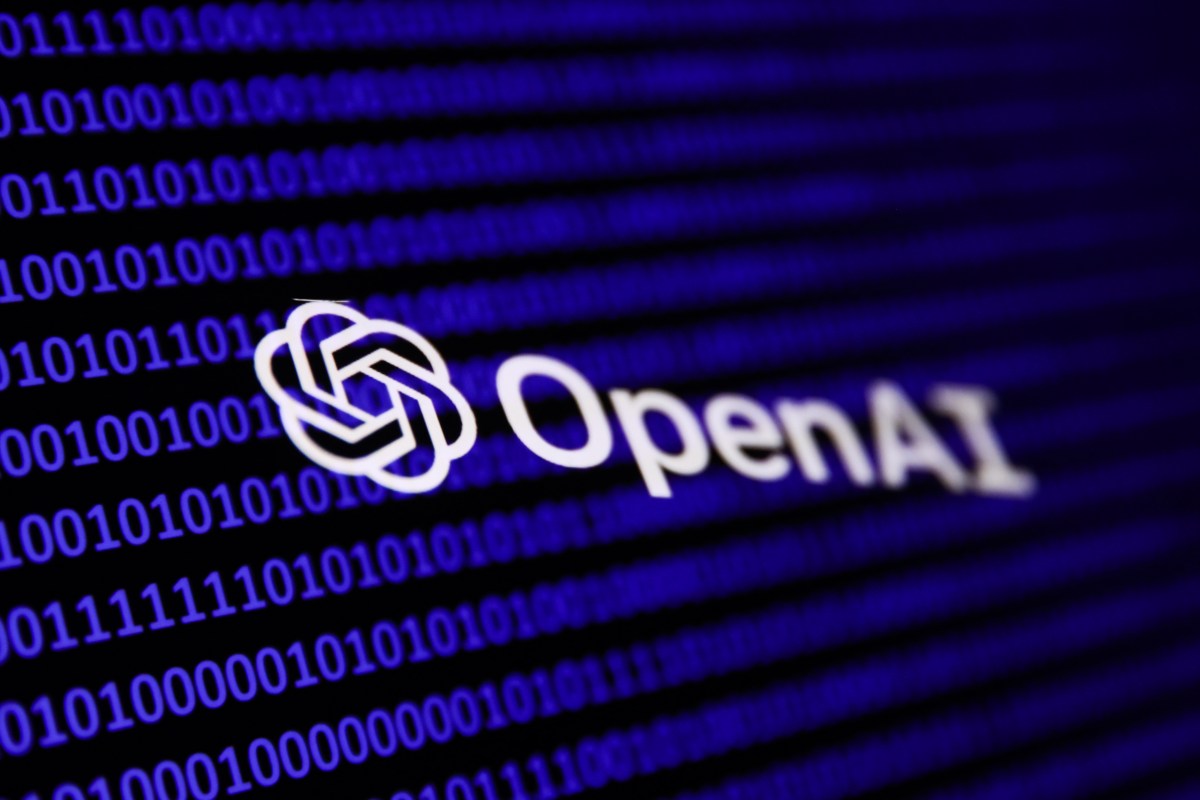Digital Controversy: OpenAI Accused of Secretly Scraping Premium Tech Books for AI Training

In a controversial revelation, researchers have uncovered evidence that OpenAI may have sidestepped copyright considerations by utilizing O'Reilly Media's paywalled book collection during the training of its advanced language models. The discovery raises significant questions about the ethical boundaries of AI model development and intellectual property rights.
The study suggests that OpenAI incorporated copyrighted materials from the renowned technical publishing house without obtaining explicit permission, potentially challenging existing norms around content usage in artificial intelligence training. This revelation could have far-reaching implications for how tech companies source and leverage educational and professional content in machine learning algorithms.
While OpenAI has not yet publicly responded to these allegations, the findings highlight the ongoing tension between technological innovation and intellectual property protection in the rapidly evolving landscape of generative AI technologies.
